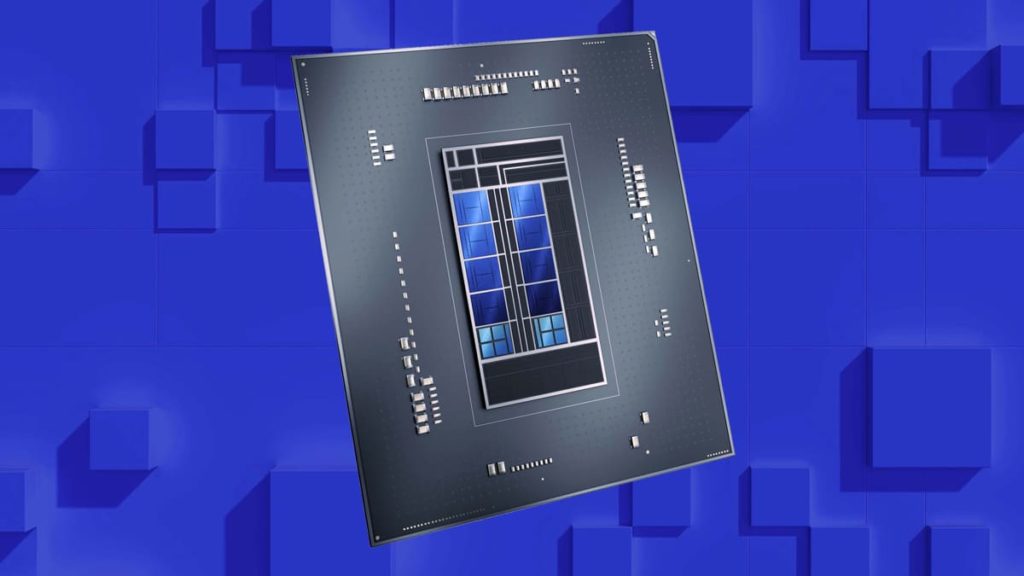- Joined
- May 6, 2019
- Messages
- 12,595
- Points
- 113
Image: Intel
One of the more exciting aspects of Intel’s upcoming 12th Gen Core “Alder Lake-S” processors is their support for DDR5 memory, which promises a significant boost in bandwidth and data rate versus its predecessor. New benchmarks spotted by hardware leaker harukaze5719 provide some insight as to what this exciting combination might bring for enthusiasts who decide to upgrade to blue team’s latest and greatest.
The benchmark stems from a system leveraging a 12th Gen Intel Core i5-12600K (10C/16T) processor clocked at 4.59 GHz with DDR5 memory running at 6,400 MHz. The memory is shown with a read speed of around 90 GB/s, write speed of around 88 GB/s, and copy speed of around 77 GB/s. These bandwidth figures are pretty impressive, but the latency seems worrisome at 92.5 ns.
[AIDA64 Memory Benchmark]i5 12600K + DDR5-4800MHz config...
Continue reading...
